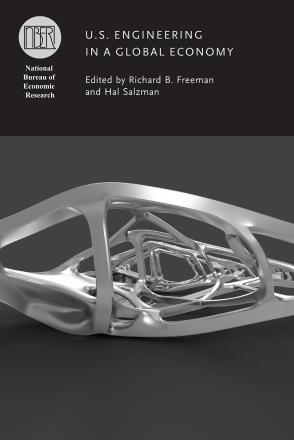Dynamics of Engineering Labor Markets: Petroleum Engineering Demand and Responsive Supply

This chapter examines a natural experiment in science and engineering labor market elasticity, providing an empirical study of the responsiveness of supply to demonstrated demand of employers. U.S. petroleum engineering expanded in the 1970s and then stabilized for three decades. By the early 2000s, this cohort was retiring at the same time there were sharp increases in oil prices and new exploration. Together, these factors led to dramatic increases in hiring and in starting salaries. In response, U.S. universities increased petroleum graduates fourfold over the decade 2003 to 2013, almost entirely of U.S. students. In this study of petroleum engineering demand and supply, the authors provide empirical analysis that addresses broader questions about the capacity of the education system to meet industry demand for highly skilled labor. It suggests that highly skilled labor markets are responsive to demand that results in wage increases, and universities are able to expand capacity, even in highly specialized and skilled areas such as petroleum engineering.
-
-
Copy CitationLeonard Lynn, Hal Salzman, and Daniel Kuehn, US Engineering in a Global Economy (University of Chicago Press, 2018), chap. 8, https://www.nber.org/books-and-chapters/us-engineering-global-economy/dynamics-engineering-labor-markets-petroleum-engineering-demand-and-responsive-supply.Download Citation


